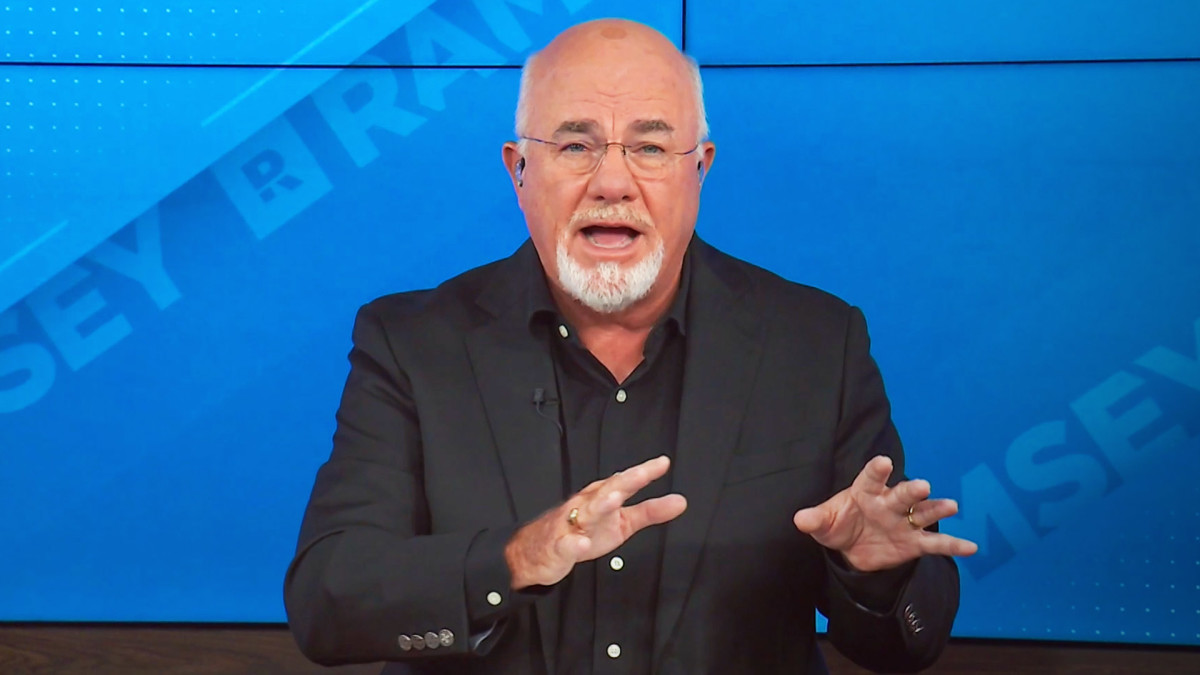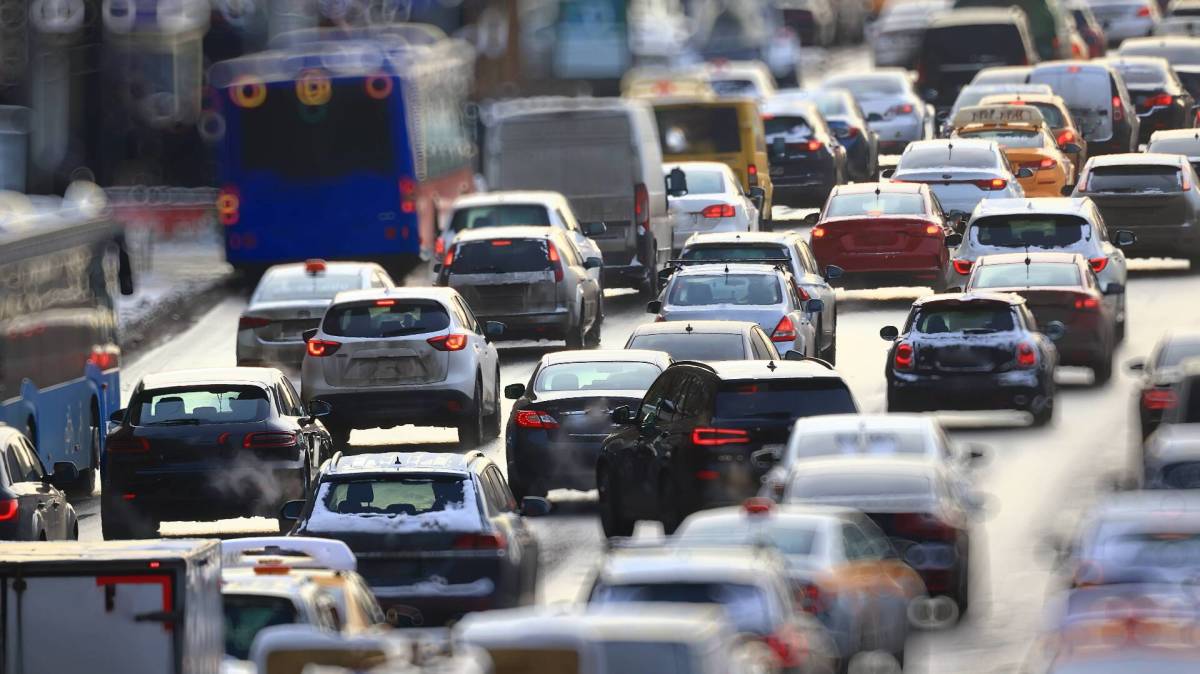
The decision to buy or sell a car is, for most people, one of the biggest financial considerations they face. And, for practical reasons, many Americans find themselves selling one vehicle at the same time as they are purchasing a new one.
Personal finance coach and radio host Dave Ramsey offers some tips for people deciding to engage in the transaction, with the aim of simplifying the task by breaking it into a number of small pieces.
Don't miss the move: SIGN UP for TheStreet's FREE daily newsletter
First, Ramsey discusses a number of factors people have to consider when buying a car. And this involves one big piece of advice that he is clear about: whether to by a new vehicle or a used one.
Ramsey believes used cars are the best choice for most people. They are less expensive and can be of very high quality compared to used cars from years ago.
Related: Dave Ramsey has blunt words about Social Security 'bunch of bull'
Dave Ramsey explains steps to buying a good used car
First, Ramsey recommends that people focus hard on exactly what budget they have in hand for making the purchase.
Paying for the car in cash is of the largest priority. This requires some discipline and saving, but of highest importance is avoiding interest rates associated with a car loan.
Second, Ramsey suggests that people focus on finding the correct car for them, not a dream vehicle. It should fit your budget and lifestyle, not your ego. You should search for a car that fits your needs, not your wants.
Then shop around, both at physical car lots and using online sellers. Compare the prices being asked for cars with those being cited in Kelley Blue Book. Once you start zeroing in a one car, be sure to get a vehicle history report.
More on Dave Ramsey
- Ramsey reveals new Social Security payment warning
- Dave Ramsey discusses one big money mistake to avoid
- Ramsey has major warning on retirement, 401(k), Social Security
It's also important, Ramsey says, to check the recall history of the make and model of the car and to get an insurance quote.
Then, inspect the car for oil level and color, transmission fluid and levels of brake fluid and coolant.
After that, it's time for the fun part: the test drive. Be sure to pay attention to the engine and how smooth it sounds during acceleration. Also be sure the breaks aren't making odd sounds.
Once all of this is satisfactory, be sure to have a professional mechanic you trust inspect the car.
Then, negotiate the price. Remember you have some power in the negotiation if you are paying in cash.

Shutterstock-Kichigin
Dave Ramsey explains the steps to selling a car
Ramsey outlines the steps involved in selling a car you currently own.
First, you need to decide whether you are selling by yourself or through a dealer. Sometimes doing it privately makes more money, but a dealership can be a quicker process with less work involved on your part.
Next, get the documents together: the car's title, the vehicle history report, service records and any warranty documents.
It's also important to be sure any necessary repairs to the vehicle are done before putting it on the market.
Related: Dave Ramsey offers key advice on car payments, retirement savings
Then, it's your job to settle on an asking price. A good place to start is that Kelley Blue Book. But you can also do some research on similar listings — especially those local to you.
Up next is advertising the sale of your car online, in print, with a "for sale" sign in one of its windows, or even with a flyer around town.
When you have potential buyers lined up, be sure to meet them for a test drive and inspection. All that's left after that is negotiating the price and finishing with sales paperwork.
That should serve as a good checklist with which to get started on buying and selling a car.
Related: Veteran fund manager sees world of pain coming for stocks







